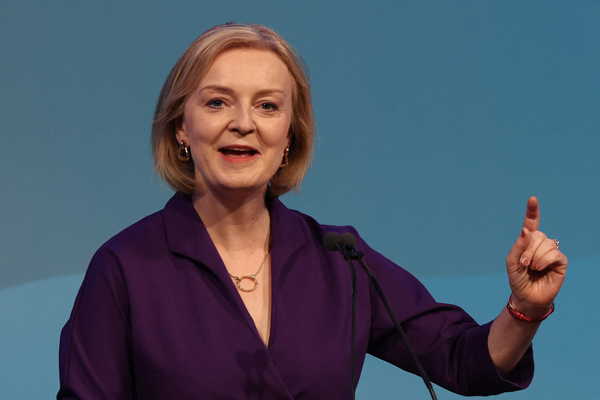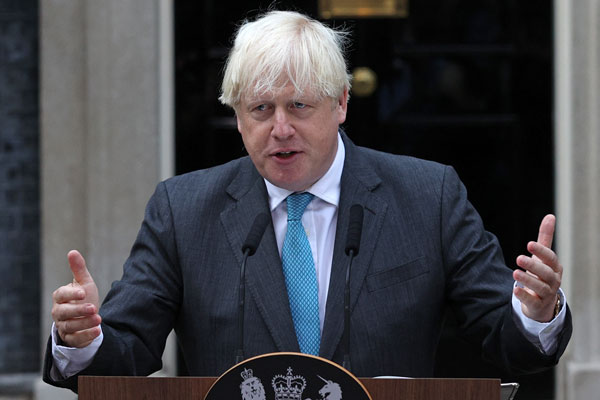Prime
Larry the cat and ‘democrazy’

Author: Phillip Matogo. PHOTO/FILE
What you need to know:
- Benn’s universally accepted belief that democracy must also provide for change is unchanging.
Anthony Benn, who served as a cabinet minister in the 1960s and 1970s, was also a Labour Member of Parliament (MP) for Bristol South East and Chesterfield between 1950 and 2001.
Benn’s final speech to the House of Commons as MP addressed the wider question of democracy when he said, “In the course of my life I have developed five little democratic questions.
If one meets a powerful person--Adolf Hitler, Joe Stalin or Bill Gates--ask them five questions: ‘What power have you got? Where did you get it from? In whose interests do you exercise it? To whom are you accountable? And how can we get rid of you?”
In the spirit of the last question, Boris Johnson tendered in his official resignation as Tory leadership candidate Liz Truss took the premier’s reins on Tuesday.
We need not detain ourselves with a rehash of what led to Johnson’s being ceremoniously evicted from 10 Downing Street. However, we may examine what Johnson said when he was leaving office.
The former prime minister compared himself with Lucius Quinctius Cincinnatus, who assumed leadership of the early Roman Republic in 458 BC before returning to his farm.
In doing so, he became a symbol of leadership for those who resist the temptation to hang on to power.
He also inspired George Washington to return to his Mount Vernon plantation after serving two terms as the America’s first president (1789–1797).
This is instructive to Ugandan politics in that it lays down a blueprint on how presidential power can be limited to suit the wider designs of universally accepted standards of good leadership.
Thereupon, we discover how we can get rid of leaders when they have passed their use-by date.
That said, one tenant of 10 Downing Street is not going anywhere and that tenant is the current chief mouser to the Cabinet Office, Larry the Cat. Larry has been chief mouser through three premiers: David Cameron, Theresa May, and Boris Johnson.
Larry’s relationship with other animals at Downing Street has raised some eyebrows in the past.
He reportedly had a brawl with the Foreign Office’s cat Palmerston in 2016, with Larry even having to pay a visit to the vet to salvage one of his nine lives.
However, in Johnson’s farewell address, he noted that Larry put aside his differences with Dilyn the dog; a Jack Russell, that lived with the Johnsons at 10 Downing Street.
Larry also has relevance to Ugandan politics for two reasons. One, President Museveni was himself widely believed to be able to turn into a cat when a rebel in the Luweero Triangle.
Thus, like Larry, he may use his allegedly feline instincts to set aside his differences with his implacable foes, as they do the same towards him.
Two, again like Larry, Mr Museveni is seemingly not going anywhere.
Yes, while Larry remains at 10 Downing Street for the long haul, President Museveni will probably never return to his proverbial plough as Cincinnatus did.
Bizarrely, Mr Museveni’s adamantine need to stay in office speaks to German philosopher Georg Hegel’s theory of negation, which states that progress has a cycle to it.
At any given moment, this progress is accepted as true and will remain unchanged forever, unless contradicted.
Benn’s universally accepted belief that democracy must also provide for change is unchanging, until contradicted by Mr Museveni.
Hegel would agree that this contradiction points to linearity.
For Museveni’s rule negates Benn’s orthodoxy to engender historical ‘progress’ in the sense that there’s tension between democratic forms, thereby creating a diversity accommodative of anti-democratic forces in the shape of ‘democrazy’.
Mr Phillip Matogo is a professional copywriter
[email protected]




